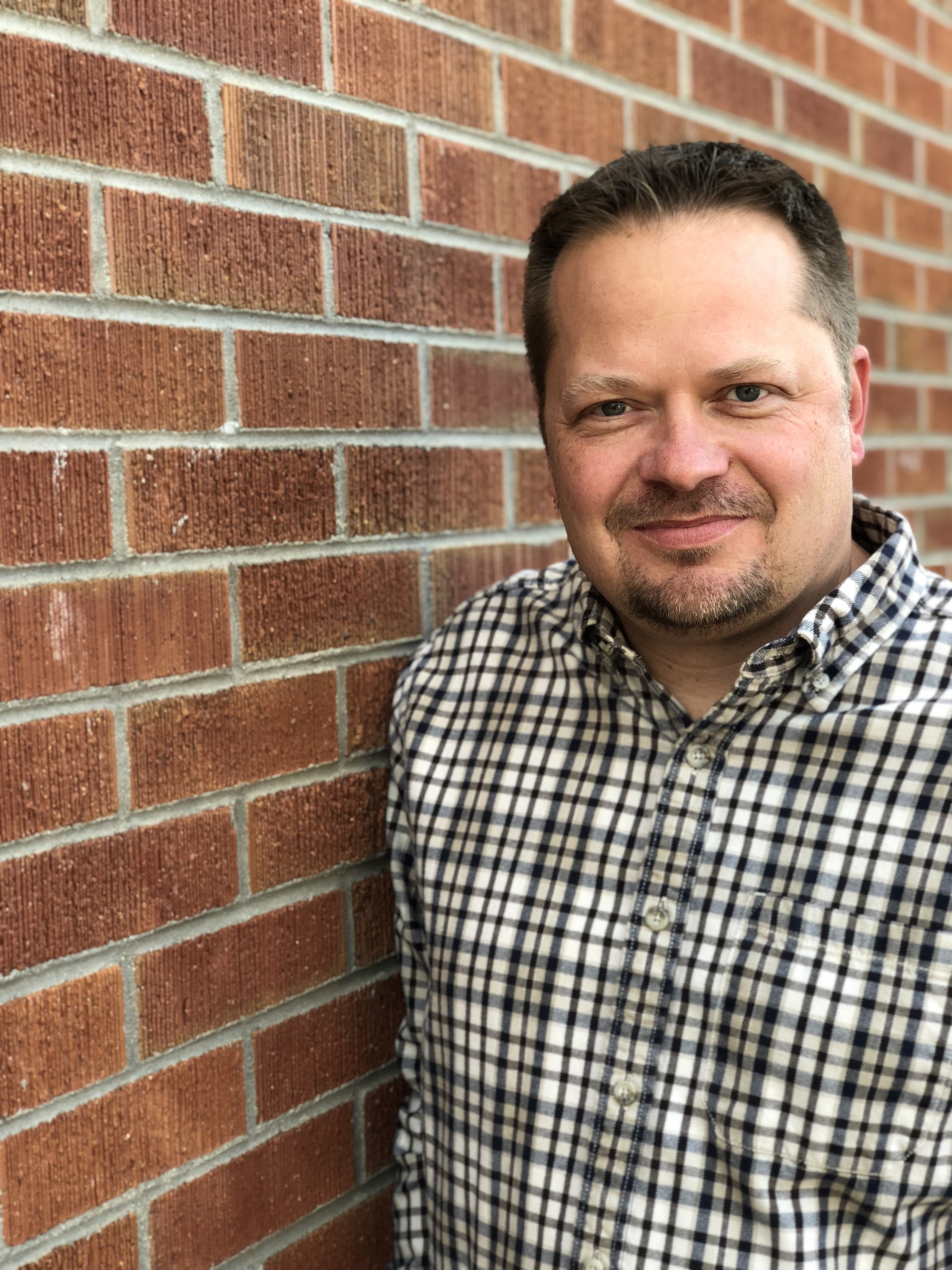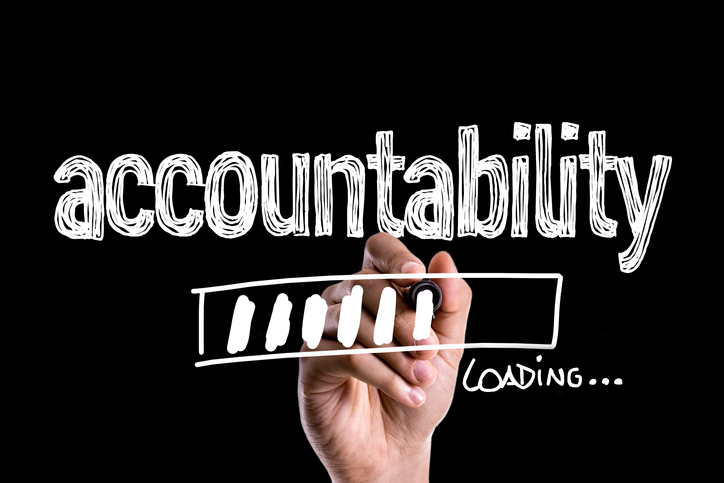When the topic of accountability comes up, lots of questions come as well. What does accountability mean? How do I get an accountability partner? How long do I need one for? In theory, almost everyone wants an accountability partner. But, we resist accountability as well. In part, this is due to our lack of understanding about the value of relationship.
Resistance
We resist accountability for a number of reasons. We live in a culture that places a high value on being strong individuals, that we should be able to do things on our own. “I am weak if I need help.” This belief system is in direct conflict with the very nature of accountability, which acknowledges our need for others. Left to ourselves, we will likely be unsuccessful in our goals.
Another reason we resist accountability is that we hold a short term vision for what our healing process should look like, and we are disappointed when we realize it is not short term. Our self talk goes something like, “Okay, I will get an accountability partner, but as soon as I have my struggle with pornography under control, I can end that relationship.” Or, “This codependent relationship I’m in is painful to talk about, but I won’t have to be vulnerable like this forever. Soon I can go back to my normal life.”
One of the core teachings at Where Grace Abounds is that all sexual and relationship problems stem from a difficulty in relating correctly with other people. When we live superficial and compartmentalized lives, problems can and will arise. The key to our healing is through healthy and intimate relationships with God and other people. Further, it is essential that we continue to know and be known by others in order for our healing to continue. This goes on for the rest of our lives!
Accountability Shouldn’t Stop
A number of years ago, I was at a seminar for men dealing with sexual addiction. During one of his talks, the speaker told the audience that when he travels to speak, which is often, he always pre-arranges with his accountability partner to talk on the phone every night. He knows his areas of weakness, and staying in a hotel away from his wife and family presents an increased amount of temptation for him.
This admission about his ongoing need for accountability challenged my understanding of what healing and change means. He has been in ministry for decades now and I have always respected him, but part of me was asking, “Shouldn’t he be past this?” And therein lies the problem with our understanding of what it means to change. Healing does not mean the absence of struggle. It means that we are better equipped to handle temptation when it arises (and it will).
In Ephesians 6:11, we are told, “Put on the full armor of God so you can take your stand against the devil’s schemes.” In verse 14, “Stand firm then, with the belt of truth buckled around your waist…” When we are truly accountable, the truth of who we are (and what we are capable of) is reflected back to us. We are reminded of our weakness and of the strength of Christ within us, upon which we must depend. When we are truly known and supported by others, we are encouraged to be the best we can be. On our own, we tend towards living in “survival mode,” forgetting the fullness of life promised to us in Scripture.
Our Need to Be Known
In every talk I’ve ever been in on the subject of accountability, an inevitable dilemma is raised. There is always someone who is in a dire situation – no friends they trust enough to share with and/or the consequences of sharing their struggle seem too great. “What am I supposed to do?” they ask.
There really is no good news to offer those in this situation. Sexual and relationship problems are only made worse the longer those involved continue to choose to be “unknown” to those around them. In order to heal, we must be known. In order to be known, we must be truthful and honest about the best and the worst parts of ourselves. This cannot be accomplished until the desire to be known is stronger than the fear of consequences.
As always, we must use wisdom and discretion when we are sharing, particularly with those directly impacted by our behaviors and/or addictions. This is one of the reasons that support groups, like those at WGA, are in existence. Pastors and counselors can also provide a starting place for those who are first seeking help. Ultimately (and in due time), some of those in our day to day lives need to be let in. There really are no short cuts here.
Tips for Successful Accountability
Below are some elements that I believe are necessary in an accountability relationship(s). Being known and loved by others is a good thing, and it is vital to our healing. As we more fully become who God intended us to be, we will impact those around us in a positive way.
Mutuality. With the possible exceptions of a pastor or a counselor, our partner(s) needs to share at the same level we are. The particulars of the struggles may be dissimilar, but vulnerability is the key to building relationship beyond just simply reporting facts.
Meet regularly. Consistency is important. It is difficult to share vulnerably in the best of circumstances. If you feel disconnected from your partner(s), you may be unable to share as openly as you need.
Be specific. Give your partner(s) a list of direct questions to ask you each time you meet. This gives them permission to ask difficult questions. Avoid general questions like, “How has your week been?” A more specific question is helpful and keeps us from responding in a general, non-specific way. “Did you view pornography this week? Did you do anything to dance around the edges of pornography, like non-pornographic magazines with titillating images?”
Go deeper. Your list of specific questions will address the facts about your struggle, but what about the underlying reasons for the struggle? “What was happening just before you went on the internet to look at porn? How were you feeling then? How are you feeling about things now?”
Commit to honesty. Honesty is difficult, but it gets easier over time. The shame or embarrassment we may feel about confessing our struggles diminishes greatly once we’ve actually made the confession. The cost of keeping secrets is that we find ourselves living a double life (again). It simply is not worth it!
Spend fun time together too – celebrate. Relationships that are only about struggles get boring over time. It just isn’t fun to spend time together when the only thing talked about is pain! Enjoy one other. Ask your accountability questions in a natural setting, maybe on a hike together or between plays at a ball game. Every accountability conversation does not have to last for hours and be painful. Celebrate your personal victories together.

Roger Jones
Executive Director
Roger began working with WGA in October of 1996 as the Assistant office Manager. Since that time, he has worn many hats and served in several different positions, including Assistant Program Director and Operations Director. In April of 2007, Roger assumed the position of Executive Director.
Roger attended West Texas A&M University, where he studied Music Business. Much of his training has been “on the job,” where he was mentored by the ministry’s Founder, Mary Heathman, and the Program Director, Scott Kingry. He holds a BA from West Texas A&M University.
Roger, his wife Jill, and their daughter Julia and son William, attend Celebration Community Church where Jill serves as Senior Pastor.
Make a Difference in Someone's Life
If you enjoy reading WGA’s blogs and would like to show your support, please consider making a donation. Where Grace Abounds is a 501(c)3 non-profit organization. The majority of services, including support groups and discipleship counseling, are provided free of charge. Your financial gifts help to cover the costs associated with offering a free program to those who seek WGA’s services.

